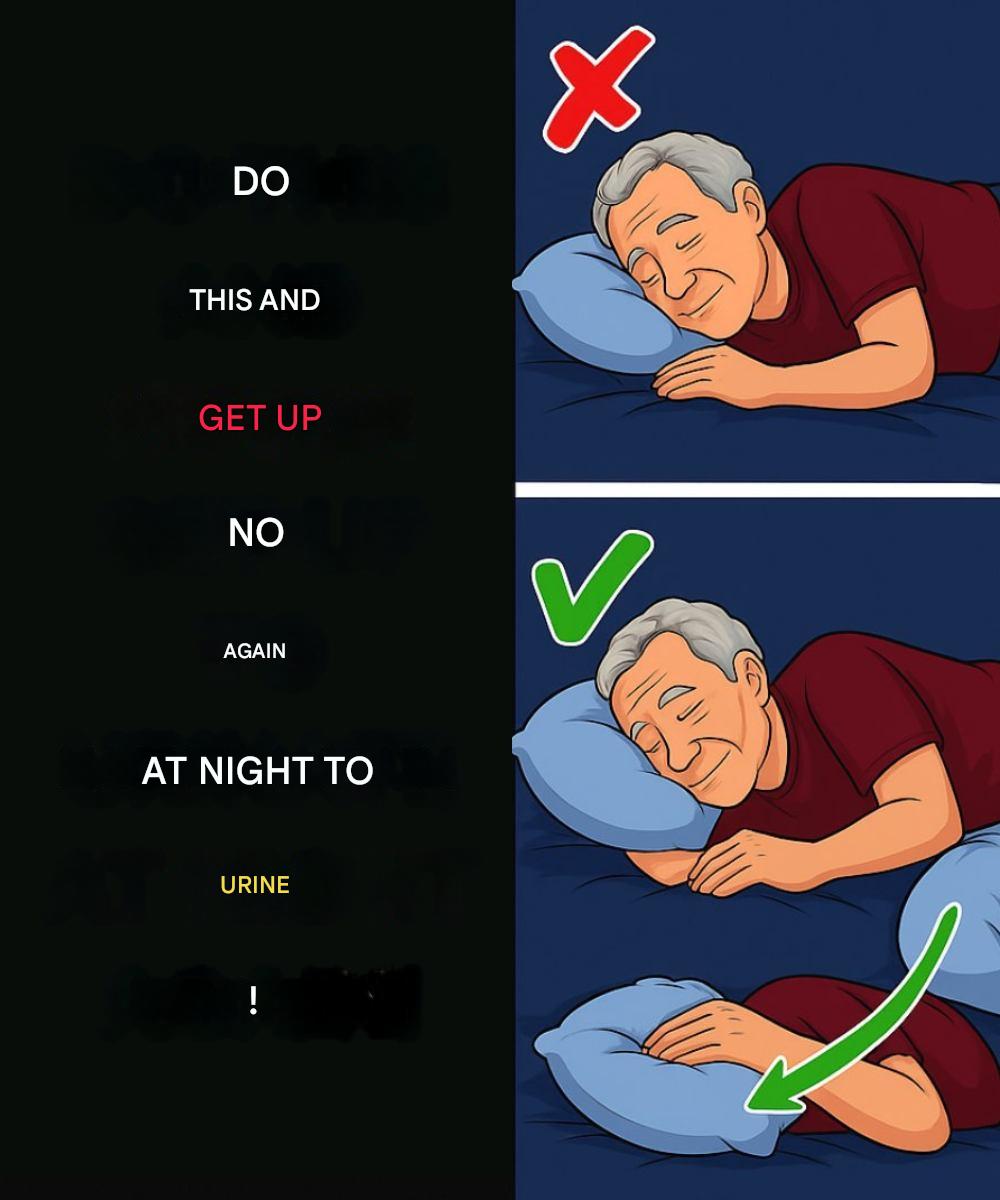The role of sleeping position
: Your sleeping position can play a significant role. Sleeping on your back promotes fluid redistribution to the center of your body, which increases kidney activity. Sleeping on your side—especially on your left side—relieves pressure on the bladder and improves circulation.
The influence of bedroom temperature and the “microclimate”
A room that is too warm or too cold can disrupt deeper sleep phases.
In hot weather: Your body struggles to lower its core temperature, so you get stuck in a lighter sleep.
When you have a cold: “Cold diuresis” sets in and causes your kidneys to produce more urine.
The ideal solution is to keep the temperature in your room between 18 and 20 °C and use breathable bedding.
Stress and Nighttime Awakenings
The early morning hours are a sensitive time for the nervous system. Between 2 and 3 a.m., the mind often processes worries and emotions.
The stress accumulated throughout the day often comes to the surface at this time, causing brief awakenings that disrupt your rest.
Tips for a good night’s sleep
1. Plan your fluid intake: Drink most of your water in the morning and afternoon and reduce the amount at least 3 hours before bedtime.
2. Put your legs up before going to bed: This helps drain excess fluids and prevents your kidneys from becoming overloaded in the middle of the night.
3. Create the right environment: Keep your bedroom cool and use light, breathable bedding.
4. Pay attention to your position: Sleeping on your side with a pillow between your knees promotes blood circulation and reduces pressure on the bladder.
5. Practice relaxation techniques: Meditation, deep breathing, or reading a light book before bed reduces stress and prepares your body for deep sleep.
6. Empty your bladder twice: Go to the toilet, sit for a minute, and then try again to make sure your bladder is as empty as possible.
